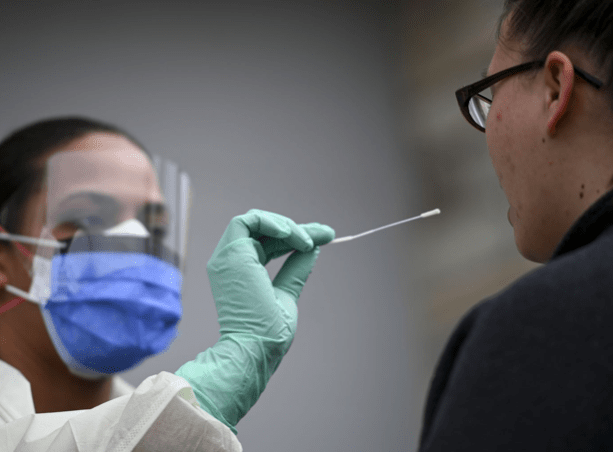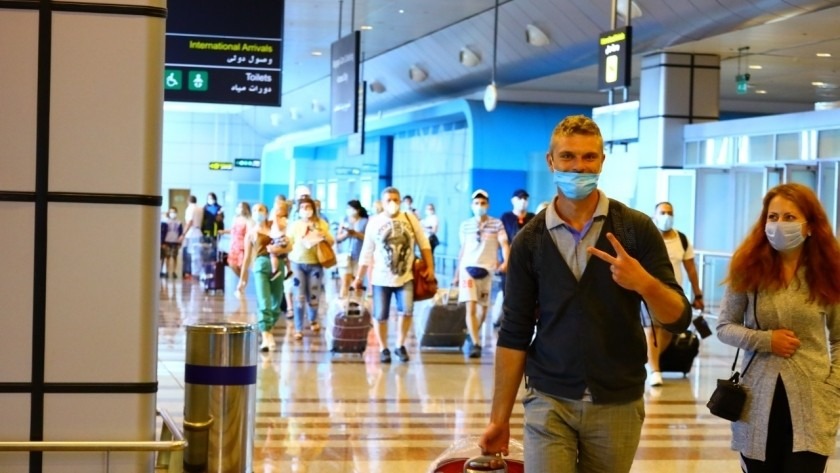By Nour El-Miligi
In light of the coronavirus pandemic, many airlines from around the world have suspended most of their flights to curb the spread of the virus. Though the gradual lifting of curfews started to take over, countries are still keen to maintain preventive measures. That’s why several Middle East countries decided to make PCR tests mandatory; travelers arriving at the airport are now required to undergo PCR tests to be able to enter several countries and cities in the Middle East. This is why a lot of people in the Middle east have started doing PCR test at home, so they don’t risk a positive one at the airport.
Egypt
Starting from August the 15th, Egypt is to ban foreign visitors from entering several cities without providing a negative PCR Test 72 hours before flying, according to a statement from Egypt’s Prime Minister. Yet this rule doesn’t apply to nationals. On the other hand, Egyptians, foreigners and Arab tourists are exempt from showing the negative PCR proof when visiting coastal cities of Taba, Sharm El Sheikh, Hurghada, Marsa Alam, and Matrouh, yet the case will change if they decide to visit other cities because they can’t move from the aforementioned cities to other ones where PCR tests are required unless they do the test.
United Arab Emirates
The UAE recently issued a new rule obliging passengers coming from certain countries to conduct the PCR test not just once, but twice to help eliminate the increase in coronavirus numbers as much as possible. Upon landing at Dubai’s airport, passengers will undergo a mandatory PCR test as well as provide a negative COVID-19 certificate from their home country.
Lebanon
On July 1st Beirut’s international airport reopened and started accepting foreigners again yet with new rules and regulations imposed on visitors. Travelers are divided into two categories. The first category includes tourists coming from countries where PCR tests are available, in which passengers are asked to provide a negative PCR test within 96 hours of departure.
The second category includes passengers coming from countries that have no access to PCR tests and that’s why they are required to undergo a PCR test on arrival along with self-isolation for 24-72 hours as an extra precaution. 72 hours later, they are required to conduct a second PCR Test and could risk penalties if they don’t show up.




